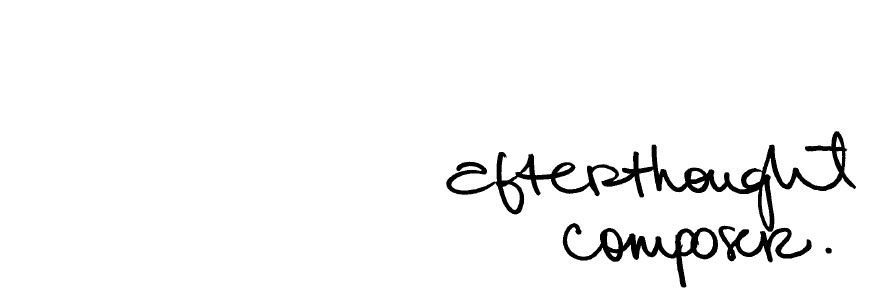What a feeling. I've very much been holding my breath. In fact, I don't think I've breathed in since my new nephew did; first and fragile, then growing. I'd rather hear his heartbeat than my own at this point. That's the thing about children. They reach out with their little hands and don't let go; they may be small, but their grip is strong. So we focus in, then distract ourselves to cope with our own exhaustion; we watch his growth and admire his lips and toes (oh my goodness....his toes!). The update: Though he came early he is doing well; though he struggles, he wins, and that makes us breath easier.
The breath-hold has been collective, I think. Surely, I can't be the only one with limits on my lungs. It's been multi-faceted, too.
When will baby and mom go home? has been mixed with
Will I get the job? and
Will that man see justice? Different realms, all, from personal to global in their reach, big and small alike, but occupying my mind all the same. On the personal front, I'm up for a permanent spot in a job I love. Hope, in the words of Anne Lamott, tiptoed in to peer around, and much of it lingers as I wait for results. I choose to let it linger. Even though I wore the wrong shirt to my interview.
And though Hope has shown up to trial, it's been given a seat in the jury box of Reality's court room. What harsh reality brings the news; what hearbreak brings harsh reality. There is too much pain in the world and I don't know what to do with it. After researching the trial of Kermit Gosnell I know more than I'd like to, but probably as much as I should, so I research even though it hurts; I read, though it scars. And then darling
Rehtaeh, and the many cases like hers, merge into the forefront. Through each story, we wait for the gavel to fall: justice or not, peace or not, redemption or not. We'd begun to collect ourselves, and then someone bombed the family area at the Boston Marathon. After Boston, I saw Hope get up quietly from his seat and place a flower on the bench. Like we're supposed to remember he's still in the room. Like it helps.
Maybe it helps.
Life is made up of anticipation and transition and if the rights fall our way, we get to celebrate sometimes too. So we watch the trials come and go and sit with our hands tied, or at least it feels like it. We breath, in and out, we bide our time, and wait for the answers to reveal themselves. We shift our gaze to the jury box. What of faith, what of justice? What of accountability, community, grace, and retribution? What will become of us? Our final plea can be heard in that question, so we ask again: what will become of us?
Hope, hearing his name, stands up to answer.
artwork by juri ueda




